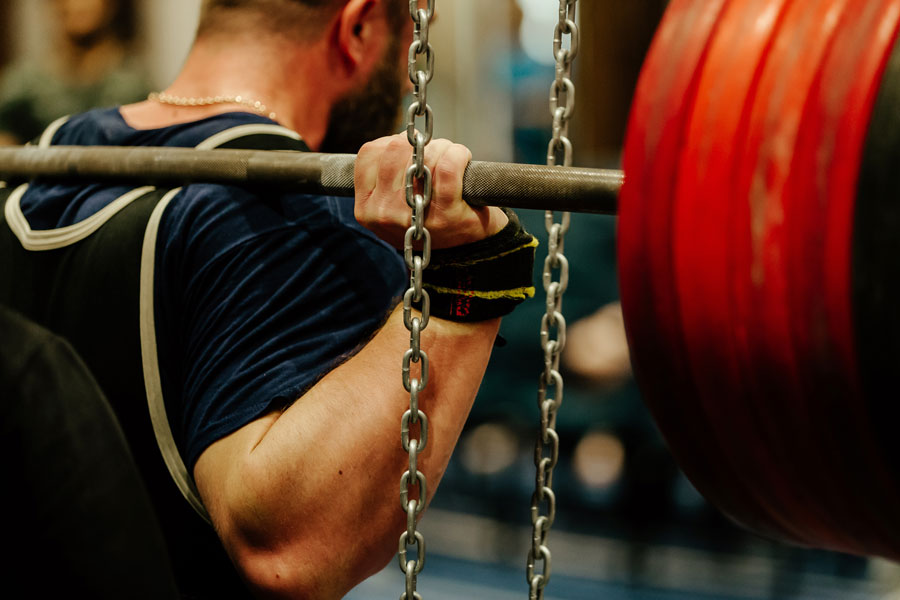Is training to failure all the time beneficial for a natural bodybuilder?
This has been a question that has haunted me since I first got serious with weight lifting and especially training. I have a mindset of all or nothing so in the early stages of my career, I was an advocate of training to absolute failure on EVERY SET. In my mind that was the only way to grow and get results. The results came so I was set in my ways of failure training.
In the past year, however, I have revisited the topic. I hold true to my principles and philosophies, but I always re-evaluate and try to evolve in my positions. Failure training I felt needed some evaluating.
I then bumped into a study in the Journal of Applied Physiology. The study indicated that training for muscular failure in each set leads to reductions in anabolic hormones such as IGF-I and testosterone and caused larger increases in cortisol compared to lifters who don’t train for failure. These findings struck a chord with me as the blood work I had gotten done indicated a lowering of my testosterone levels and elevated cortisol levels. I was also feeling very tired and run down and would combat those feelings with added recovery days.
It was after finding this study that I re-evaluated my approach. I have since made the decision to only train to fail on my Power-Based workouts. These are the workouts that take place in the power rep ranges and are meant to hone in on strength. 5×5′s, MRR, Descending Rep Scheme, Core, and so on. All my other workouts, whether they be Standard, Intensity, or Volume based, would be taken 1-2 reps shy of absolute failure. I want to note this important point. This is not a pass-to-train soft. The lifting is still hard and intense, I just leave 1-2 reps left in the tank.
After taking this approach for about 2 months the results are noticeable. I feel much more energized, I can cut down on recovery days and train more frequently, and I have gotten a sizable increase in my testosterone levels. So I have learned that the all-or-nothing, 130%, or go-home approach, isn’t always the key. Only on power days.
Scaling back on the failure training has allowed me to have more flexibility in terms of overall volume and frequency. These are two variables that you have to walk a tightrope with when having a “failure on every set” mindset. This new flexibility is exciting to me for my personal gains, as well as what I can implement now as a trainer.
Added note – This position only applies to natural/natural state athletes.
Details of the Study
The subjects in the study trained twice a week using a periodized weight training program. One group trained to complete muscular failure for each set while the other group trained did not complete sets to muscular failure. The researchers defined muscular failure as when the subjects could not perform a full extension or the weight was paused for more than 1 second during a repetition. At the end of the 16-week study, training to failure over the 16 week study resulted in reductions in circulating IGF-I concentrations and elevations in IGFBP-3 (IGF- Binding Protein 3). In addition, the group that did not train to failure had reduced resting cortisol concentrations and an elevation in resting serum total testosterone concentration. Additionally, the group that did not train to failure had similar increases in 1-repetition maximum strength gains in the bench press, parallel squat, and muscle power output of the arms and legs extensor muscles1. The group that did train to failure did have increased muscular endurance at the end of the study so unless you are preparing for a bench press competition for reps, training to failure might be the way to go. If you are trying to maximize size, then not training to failure may lead to enhanced testosterone and lower catabolic activity such as reduced cortisol. The reduction in anabolic hormones (IGF-I and testosterone) from training to failure goes against decades of advice to train to failure for maximal muscle growth. Training to fail each set may lead to overtraining and lowered testosterone and IGF-I levels.
Link to the study – http://www.jappl.org/content/100/5/1647.full



